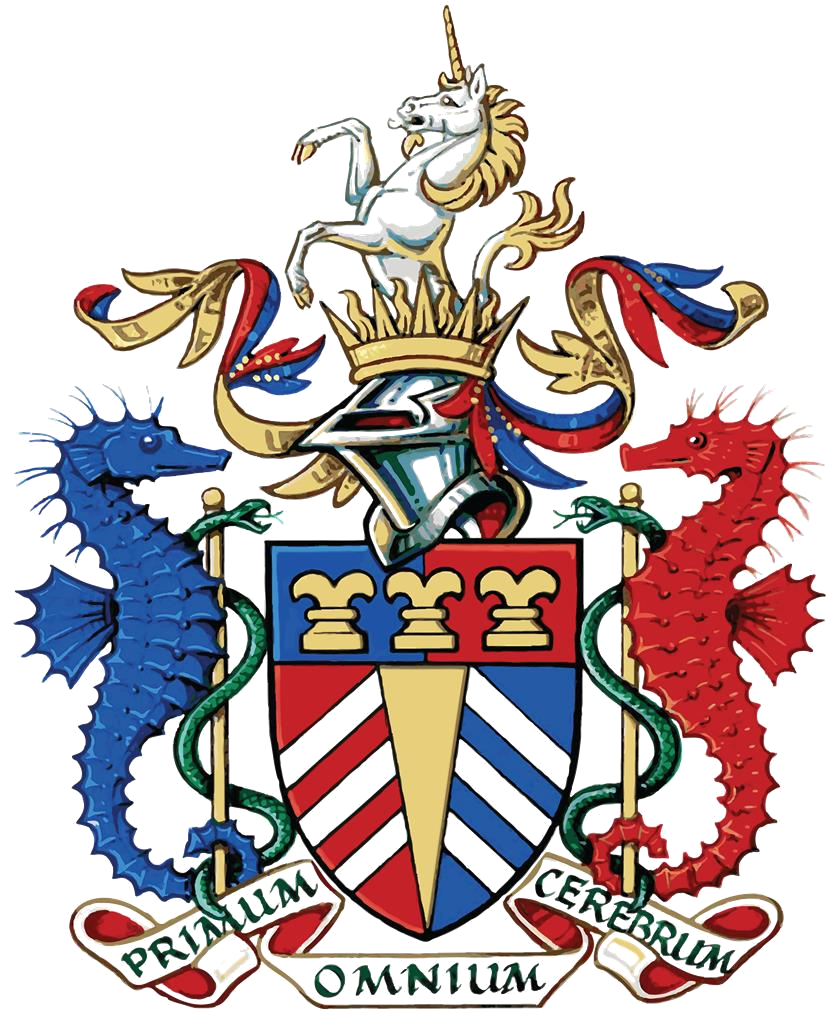Iatrogenic cerebral amyloid angiopathy (CAA)
Investigators
Principal Investigator: Dr Gargi Banerjee, Alzheimer's Research UK, Stroke Association and NIHR Clinical Lecturer, MRC Prion Unit at UCL
Co-investigators:
- Professor John Collinge, MRC Prion Unit at UCL
- Professor David Werring, Stroke Research Centre, UCL Queen Square Institute of Neurology
Background
Cerebral amyloid angiopathy (CAA) is an age-related cerebral small vessel disease that causes brain haemorrhage and cognitive impairment. It is often diagnosed using MRI and associated with imaging features including cerebral microbleeds and cortical superficial
siderosis.
We are creating a research database of people in the UK with a newly described form of CAA, called iatrogenic CAA.
Iatrogenic CAA is associated with a history of medical or surgical procedures, often three or four decades before presentation, and in particular with neurosurgical procedures and those involving cadaveric CNS tissue (e.g, pituitary hormones, including growth hormone, dura mater). We believe that the amyloid-beta protein which causes CAA was transferred during these procedures, causing iatrogenic CAA to develop three or four decades later.
Although cases reported to date have been younger than expected for age-related (“sporadic”) CAA, we suspect that iatrogenic CAA also affects older adults, and cases might not have been reported simply because iatrogenic CAA was not considered as a diagnosis.This research database is being organised and co-ordinated by Dr Gargi Banerjee, Clinical Lecturer at the MRC Prion Unit at University College London (UCL). The project is funded by Alzheimer’s Research UK and the Stroke Association. It has been approved by the South West - Central Bristol Research Ethics Committee (Reference 21/SW/0052).
Reporting instructions
If you have seen a patient who meets the case definition below, please report them to the trial coordinating centre via RaDAR.

